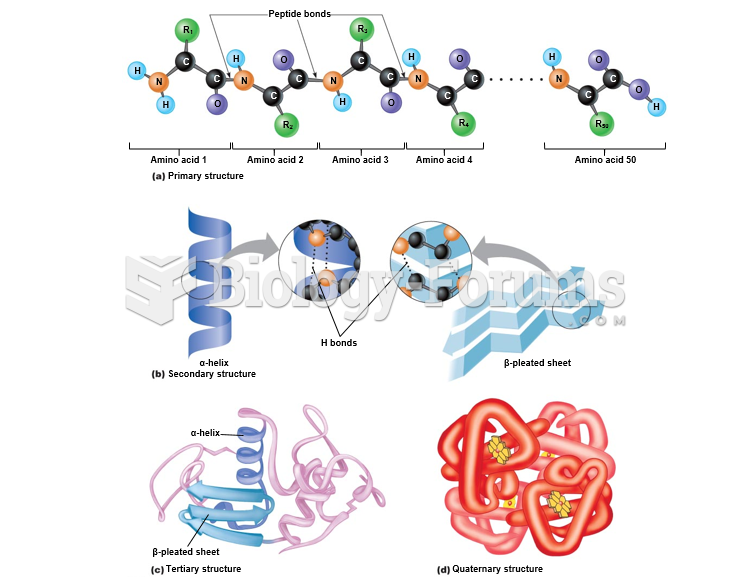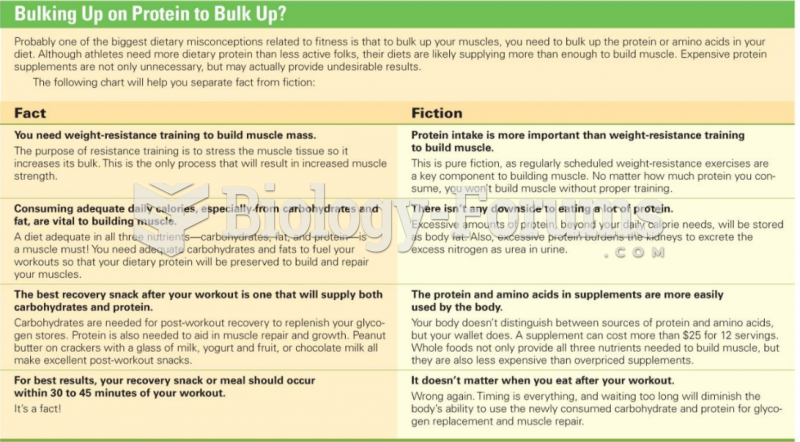Answer to Question 1
The amount of carbohydrate consumed has the greatest influence on blood glucose levels after meals-the more grams of carbohydrate ingested, the greater the glycemic response. The carbohydrate recommendation is based in part on the person's metabolic needs (which are related to the type of diabetes, degree of glucose tolerance, and blood lipid levels), the type of insulin or other medications used to manage the diabetes, and individual preferences. For optimal health, the carbohydrate sources should be vegetables, fruits, whole grains, legumes, and milk products, whereas foods made with refined grains and added sugars should be limited. Recommendations for whole grain and fiber intakes are similar to those for the general population. People with diabetes are encouraged to include fiber-rich foods such as whole-grain cereals, legumes, fruits, and vegetables in their diet. Although some studies have suggested that very high intakes of fiber may improve glycemic control, many individuals have difficulty enjoying such large amounts of fiber. A Mediterranean-style dietary pattern that emphasizes monounsaturated fats may benefit both glycemic control and cardiovascular disease risk. In addition, increased intakes of omega-3 fatty acids from fatty fish or plant sources may improve the lipoprotein profile and various other CVD risk factors. Other guidelines related to fat intake are similar to those suggested for the general population: saturated fat should be less than 10 percent of total kcalories and trans fat intake should be as low as possible. Protein recommendations for people with diabetes are similar to those for the general population. Although several small, short-term studies have suggested that protein intakes above 28 percent of total kcalories may improve glycemic control or lipoprotein levels in diabetic individuals, other studies did not show any benefit. Guidelines for alcohol intake are similar to those for the general population, which recommend that women and men limit their average daily intakes of alcohol to 1 drink and 2 drinks per day, respectively. In addition, individuals using insulin or medications that promote insulin secretion should consume food when they ingest alcoholic beverages to avoid hypoglycemia. Conversely, an excessive alcohol intake (3 or more drinks per day) can worsen hyperglycemia and raise triglyceride levels in some individuals.
Answer to Question 2
A







